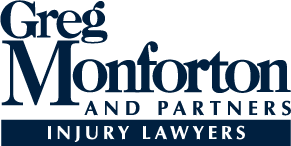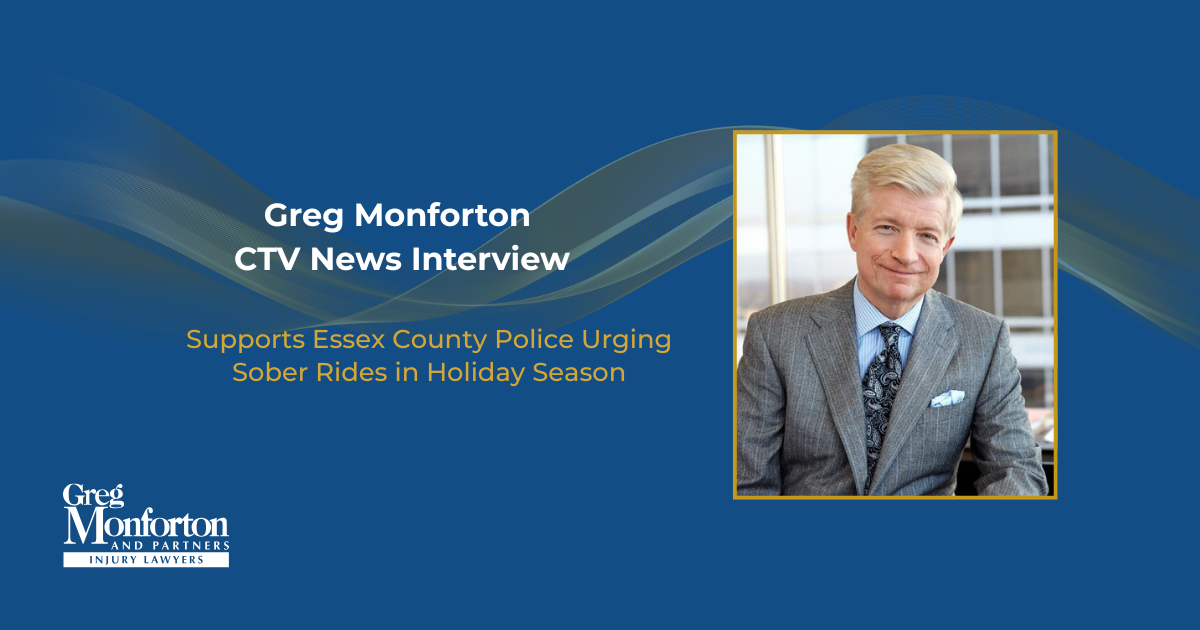 A recent investigation by the Globe and Mail has uncovered a troubling phenomenon within the auto insurance industry in which billion-dollar assessment companies provide insurance companies with injury assessment reports that are often inaccurate, full of errors, edited, altered and even ghost-written.
A recent investigation by the Globe and Mail has uncovered a troubling phenomenon within the auto insurance industry in which billion-dollar assessment companies provide insurance companies with injury assessment reports that are often inaccurate, full of errors, edited, altered and even ghost-written.
By tweaking reports and influencing biased doctors with hundreds of thousands of dollars, assessment companies are making billions of dollars from insurance companies by providing them with reports that downplay the seriousness of claimants’ injuries and sway insurance claims and court cases to the favour of the insurer. These actions, in turn, harm the very individuals the insurance industry was created to protect: injury victims.
Edited and Packaged Assessments
Assessment companies are paid by insurers to provide doctors to assess auto accident victims’ injuries in what are called independent medical evaluations (IME). They pay doctors thousands of dollars to meet with claimants to review their medical records and assess their injuries to determine if their claim is valid. However, the Globe reports that most doctors hired by these companies only do “paper reviews” of medical files without ever seeing the injury victim.
After meeting with and/or reviewing a patient’s record and injuries, the doctors provide written assessments about the claimant’s injuries, which are then used to approve or deny their claim for compensation.
Unfortunately, because these doctors are paid by the assessment companies who are paid by the insurers, the Globe has found that it is not uncommon for reports to be submitted that falsely claim accident victims are not injured or for the assessment company to alter the medical professionals’ opinions or ghost write sections of the report to be in their favour.
In one case reviewed by the Globe, a claimant discovered reports in his case file that were written for TD Insurance that were inaccurate or misleading. Dr. Anthony Garahm, who was hired by assessment company Genex to perform the individual’s assessment, had claimed that the injury victim was fine to resume physical work despite clear evidence to the contrary. The doctor had taken statements made by the individual out of context, by focusing more weight on certain comments and less on others to make it appear as though the individual was not injured.
For the same injury claim, another assessment company, Sibley and Associates, submitted a report stating that the individual had undergone an MRI that showed no abnormalities in the man’s spine. However, the man’s doctor’s office later confirmed that he had not had an MRI on the date stated in the report and that the MRI did, in fact, clearly show abnormalities in his spine.
As a result, the individual battled the insurance company for six years to try to get his coverage renewed. He ultimately settled with the insurer, but not before he had lost his home and livelihood.
Ghost Writing
The Globe also found that it is not uncommon for reports to be ghost-written by the assessment company.
In one case, reporters found that a “quality assurance” person with the company Seiden Health Management had compiled four pages of a report using a template and gave the completed section to an occupational therapist to cut and paste into her assessment. The doctor later admitted in court that she compiled and signed the report without changing the portions that were written by the assessment company and without doing any testing on the victim. The report concluded that the victim had no cognitive impairment, despite opinions to the contrary from other doctors.
Often assessment reports are rejected by judges for their bias and inaccuracies. In one case, the judge ruled that one evaluation had been prepared by the assessment company, not the doctor. In another, a judge rejected a report from a psychiatrist who admitted that an associate had written the first eight pages of the report.
The practice is not new, however. In a case from 2006, an assessment company rewrote a doctor’s assessment without his knowledge, and even used a stamp of his signature to sign the report.
The problem of ghost-writing has become so prevalent that judges in several cases have required that reports only be written by doctors and not partially by associates or other individuals. The Insurance Corporation of B.C. now notes that ghost-writing will have “significant consequences” for assessment companies. However, few companies or doctors have been disciplined for engaging in such activities.
Extravagant Fees
Part of the problem that is likely fueling the bias within the assessment industry is the high fees assessment companies and IME doctors charge.
The Globe reports that assessment companies charge about $2,000 a case in addition to what the physicians get for providing a single assessment.
Judges often rule that the fees are extravagant and excessive. In one case, the assessment company was paid $38,000 for medical reports ordered by an injury lawyer for one accident victim. The largest portion of the bill went to the assessment company and included a $4,800 fee for a single doctor’s report.
In another case, a judge took issue with a $12,600 bill for the services of a physician who had charged a $6,300 cancellation fee, plus a $2,000 administrative fee for the assessment company.
Often, accident victims are left footing the bill for excessive fees, as judges often rule that the losing side only has to pay a fraction of any fees determined to be excessive. The assessment company will be paid in full regardless of who covers the bill.
Fighting for the Rights of Injury Victims
Because injury victims face such significant challenges in recovering the compensation and accident benefits they deserve, it is vital that injury victims work with a trusted car accident lawyer. The lawyers at Greg Monforton & Partners are dedicated to defending the rights of the injured and fighting to help them obtain the compensation they deserve.
We are familiar with the biases and dishonesty within the insurance industry and know what it takes to help our clients recover compensation.
Contact us today to schedule a free, no obligation consultation to learn more. We work on contingency and will not charge for our services unless we recover compensation on your behalf.
Call (866) 320-4770 or complete a Free Case Evaluation form.




